The Most Common Bird Diseases and Therapies
As a birder, you need to have a basic understanding of the most typical bird diseases. Since the early discovery of sickness in pet birds is the key to successful treatment, it is essential to get knowledge about some of the most frequent ailments that affect birds.
Let’s discuss 8 most common bird diseases and their treatments
1.Proventricular Dilatation Disease (PDD)
Most parrots are susceptible to the contagious disease known as Proventricular Dilatation Disease, or PDD for short. Avian Bornavirus (ABV), the pathogen that causes the disease, affects the nerves that feed the digestive system, particularly the proventriculus, and impedes the organ’s ability to perform its normal functions. Birds that are afflicted with this condition display nervous symptoms such as ataxia, anxiety, weakness, poor appetite, and fat loss.
Treatment
There is no cure for the condition. Providing supportive care to alleviate symptoms like discomfort, such as taking anti-inflammatory medication may help. You have to prevent the infected birds from coming into contact with healthy ones.

2.Coccidiosis
This condition is brought on by parasitic protozoa that live in the intestinal wall of birds, most often pigeons, parakeets, and finches. Most of the time, it is only seen in small numbers. Nevertheless, it spread very quickly in warm, damp environments, when the immune system is compromised.
Treatment
The two most common drugs used to treat this ailment are Medicom and Coximed.
3.Polyomavirus
Caged birds, especially parrots, are particularly susceptible to contracting the polyomavirus disease. The disease almost always results in the death of the infected bird, making newborns and young birds the most vulnerable to its effects.
Polyomavirus can cause various symptoms, including loss of appetite, an enlarged belly, immobility, and diarrhea. Some birds may not exhibit any outward symptoms at all, but they may still be transmitters of the virus, and they shed the virus when they are under stress. This places other birds in the home at risk of contracting the illness.
Treatment
There is currently no medication for polyomavirus that has been discovered. This disease has a high death rate and has the potential to develop very fast. You can avoid spreading viruses by using a separate Kingsyard bird feeder for every pair.
Vaccination is an option to assist lower the likelihood of disease if your avian companion is at an increased risk of exposure, especially when your bird is around many other birds.
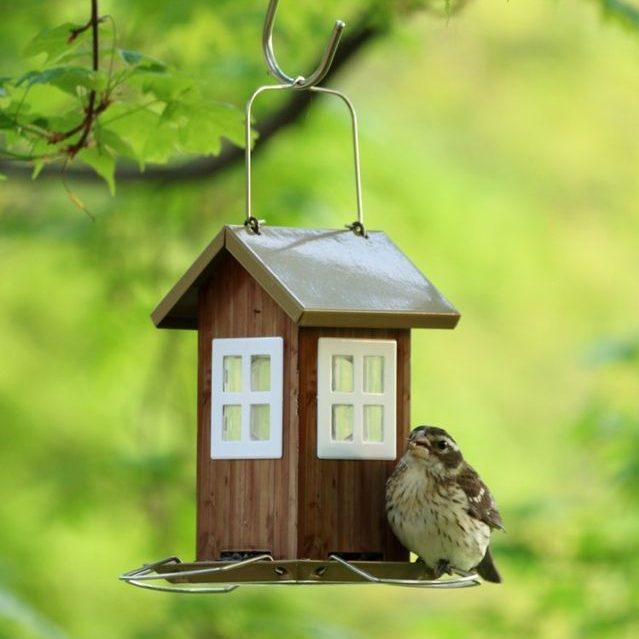
@my_woodlandwonders
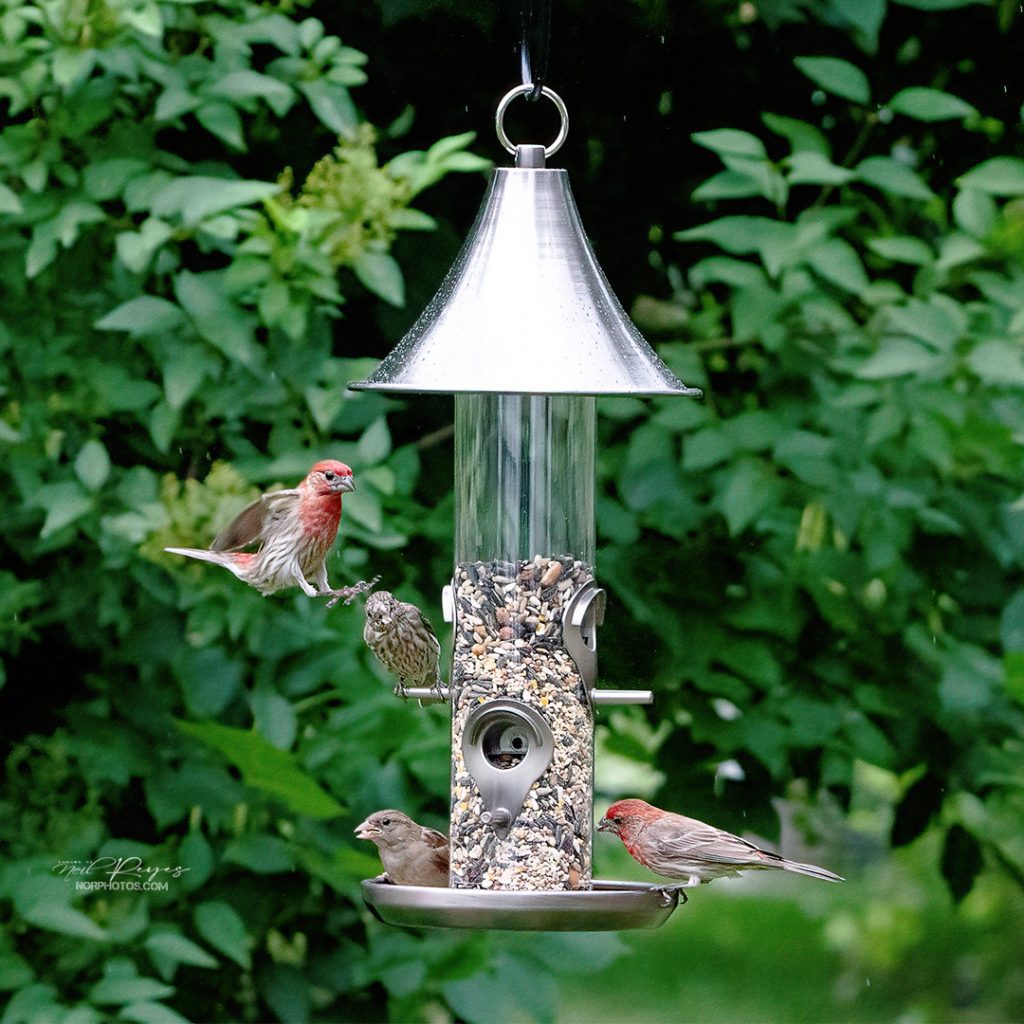
@NWLNORPhotos
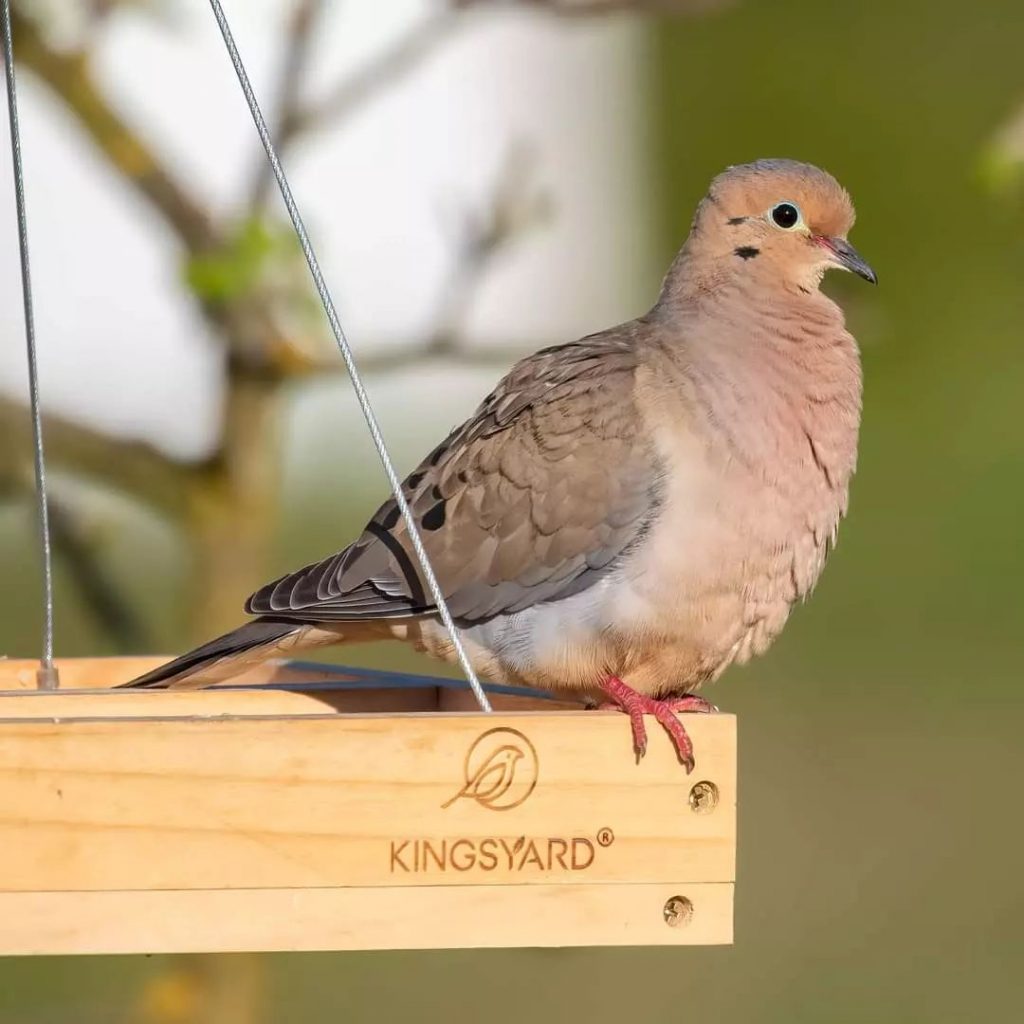
@photographyandbirds
4.Gout
Among the most prevalent illnesses that may affect pet birds is gout. In birds, renal disease can lead to the development of gout. The kidneys are the organs responsible for regularly eliminating uric acid from the body. When there is an obstruction in the excretion process, uric acid can build up in the body’s tissues and joints, leading to painful inflammation. Visceral gout & articular gout are the two categories that fall under the general term “gout.”
Treatment
It is a severe disease, so you should consult your vet for the treatment of your affected bird.
5.Candida
Candidiasis, often known as Candida, is a fungal illness that can potentially harm the gastrointestinal system of birds of any species. This condition is characterized by an abnormal proliferation of yeasts ordinarily found in birds’ digestive tract.
The most common symptoms are white sores outside the mouth and neck, vomiting, loss of appetite, and a crop that flushes slowly. The bird could give off the impression of being sluggish.
Treatment
Antifungal drugs are able to treat the vast majority of Candida infections effectively. Candida is frequently a complication that results from another disease. Thus, a veterinarian should check the bird thoroughly and treat it for any and all possible health issues.
6.Avian Influenza/Bird Flu
The Avian Influenza (AIV) virus is responsible for most viral diseases that affect birds and is commonly referred to as “Bird Flu.” The illness, sometimes known as the “Bird Flu,” is zoonotic, meaning it may be transmitted from birds to humans. Humans can be infected with the H5N1 strain, which results in symptoms similar to the flu. In birds, the sickness leads to breathing difficulties, a drop in productivity, and ultimately an unexpected death.

Treatment
Unfortunately, there is currently no therapy available for the illness. The vaccination of people, as well as a reduction in the risk of contamination by wild avian species, is the best way to avoid bird flu.
7.Air Sac Mites
There are certain birds that can have an infection from the mites. The form of the symptoms is determined by several factors, including the amount of mites present and the level of inflammation that exists not only in the airways but also in the bronchi, lung, and trachea. Gaping mouth breathing, which is accompanied by a distinctive clicking sound, is a clinical symptom that air sac mites are present.
Treatment
Moxidectin is a medicine that can help treat mite infestations. It does this by inhibiting the mite’s neurotransmission, ultimately resulting in the mite’s death.
8.Worms (Round and hairworms)
Both roundworm and hairworm are passed between birds when they consume or peck at infected feces that have been left on cage surfaces, food, or water.
In extremely mild cases, most birds have no symptoms. However, in severe cases, there is a noticeable weight loss while having a normal or enhanced appetite.
Treatment
Tablets or powder forms of mediworm help treat the majority of bird species. It may be put to use both during the breeding process and the molting process.
Conclusion
When it comes to avian illnesses, prevention is always preferable to control. You can prevent the majority of bird diseases by isolating your birds in a separate cage along with providing them with separate bird feeders or houses.
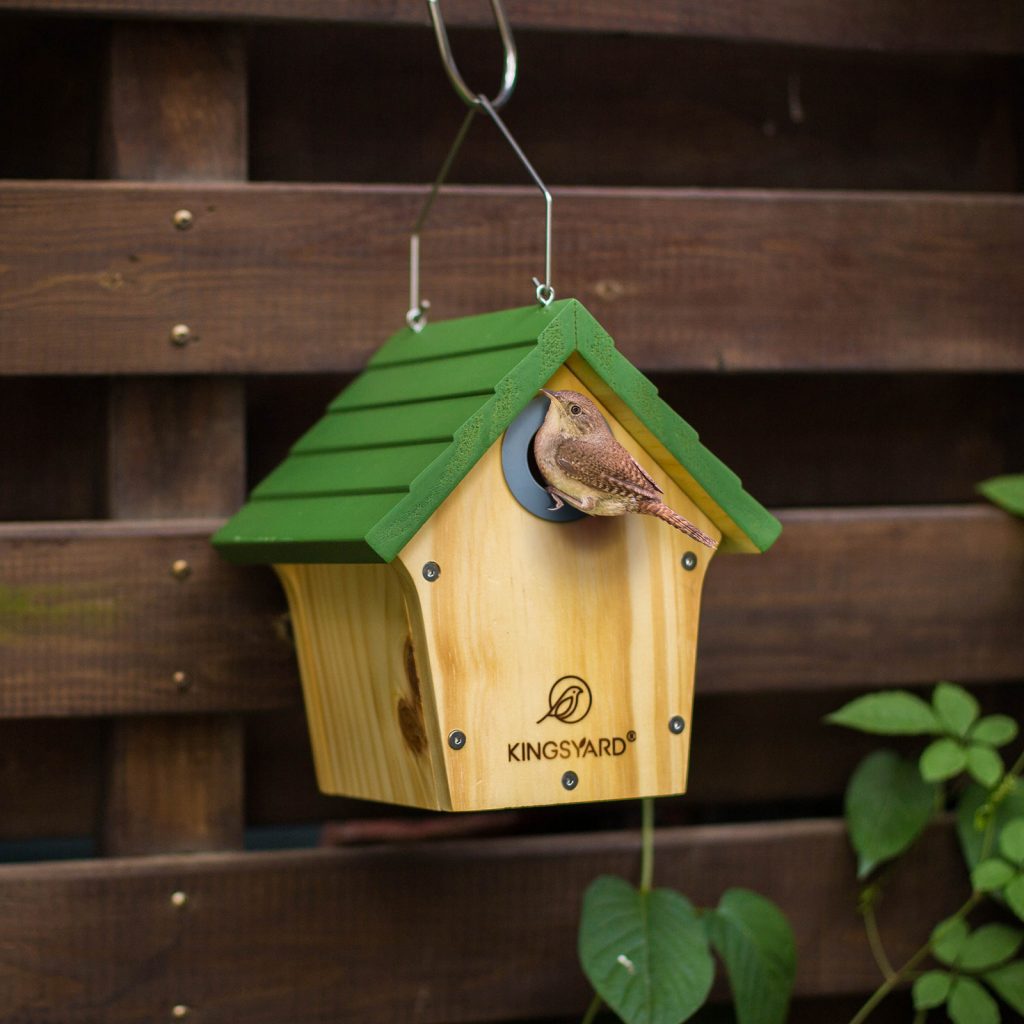
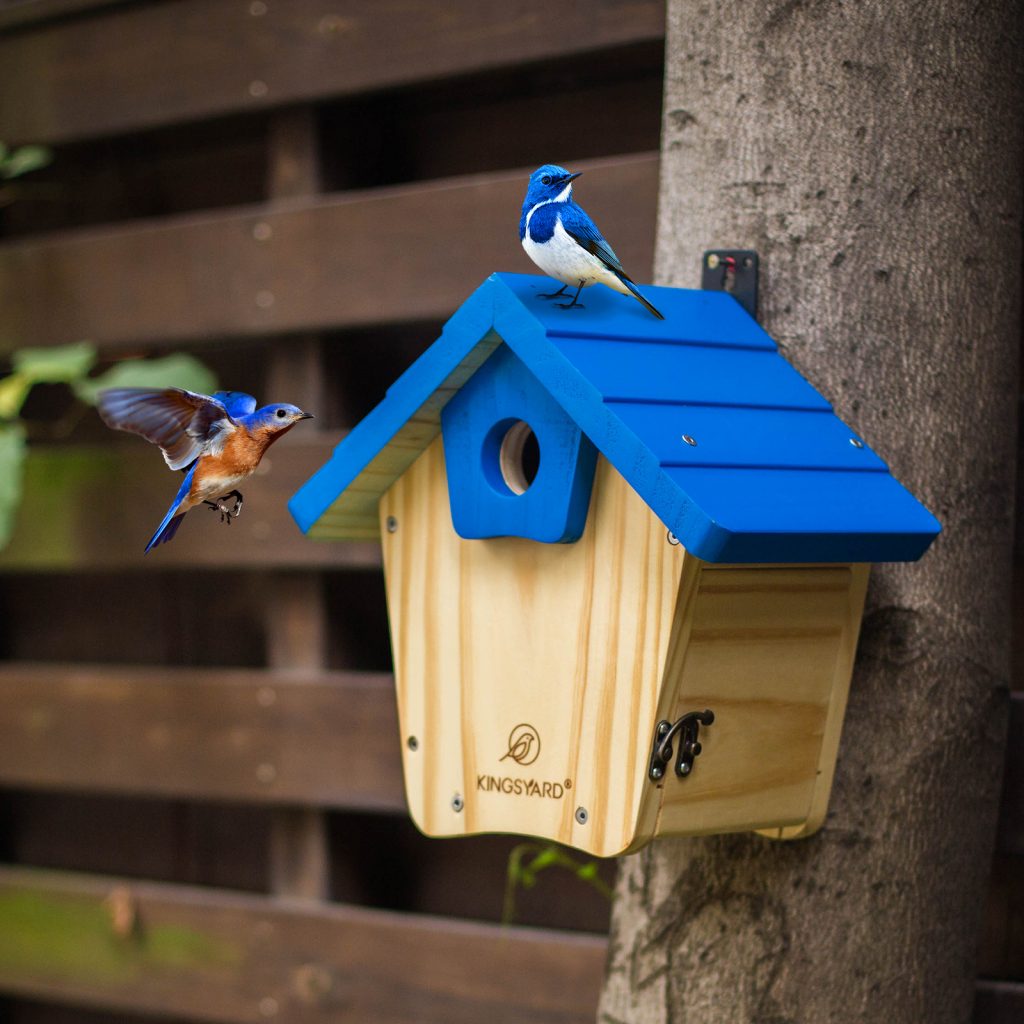
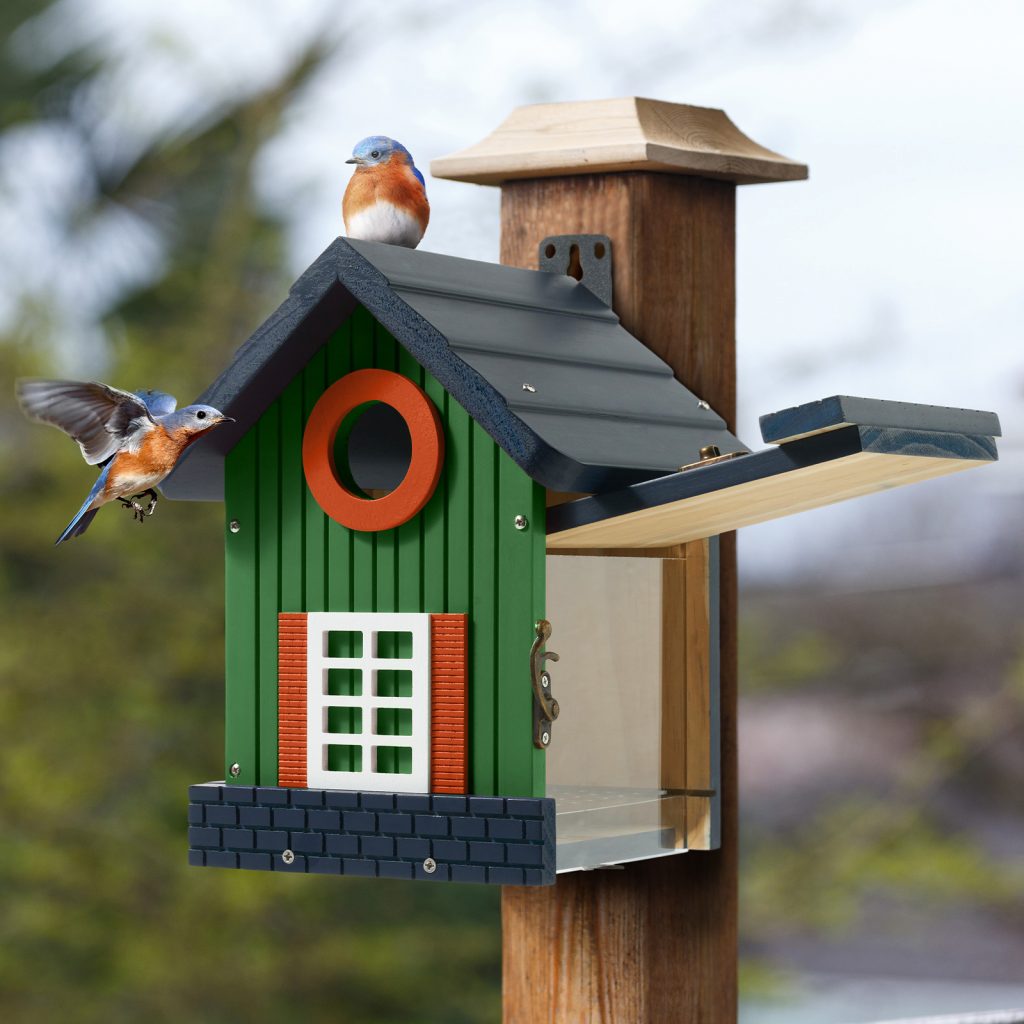
Other than that, most illnesses are preventable in their early stages if you took appropriate steps. Such as immunization, improvements in management, healthy and balanced food, and frequent check-ups by an experienced veterinarian.
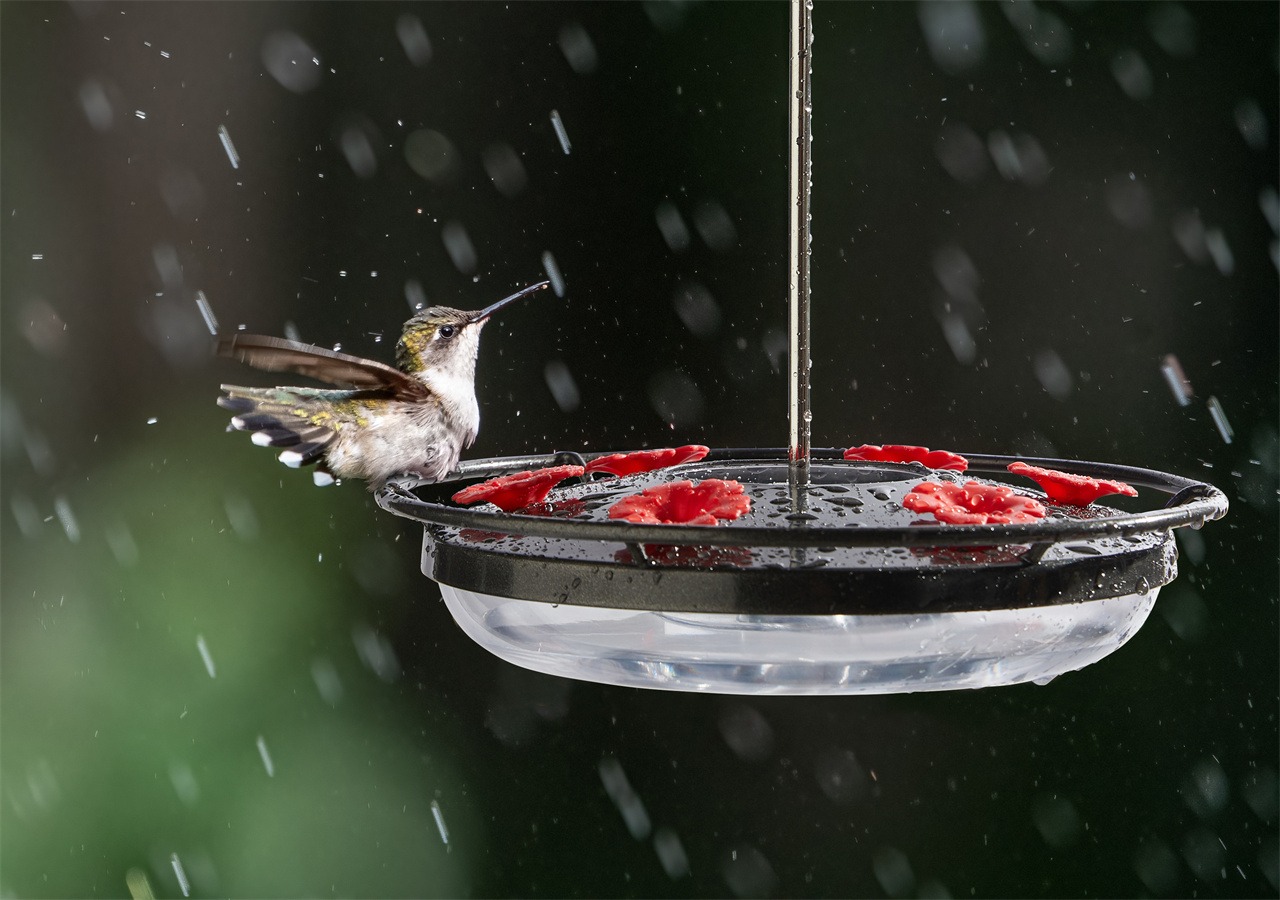
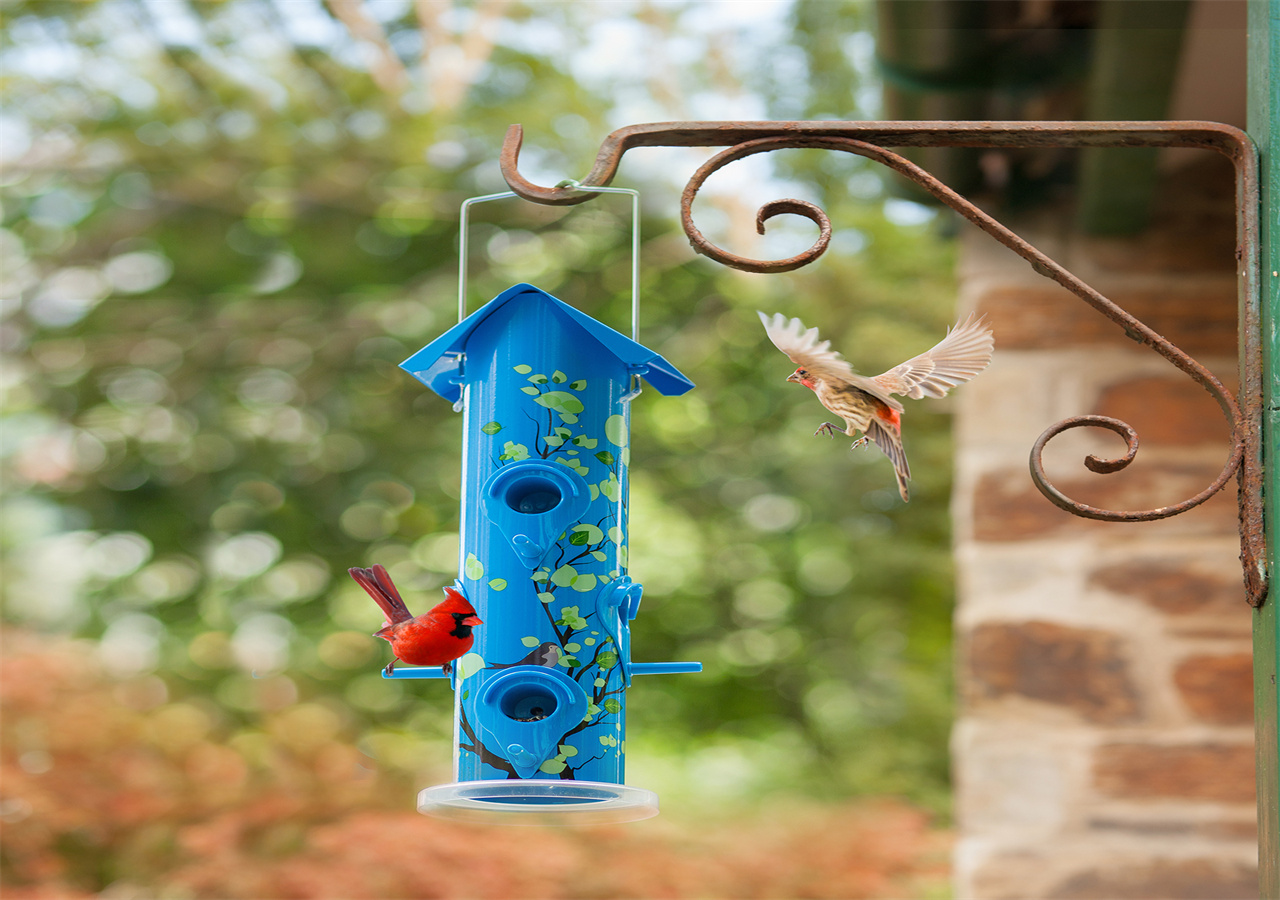
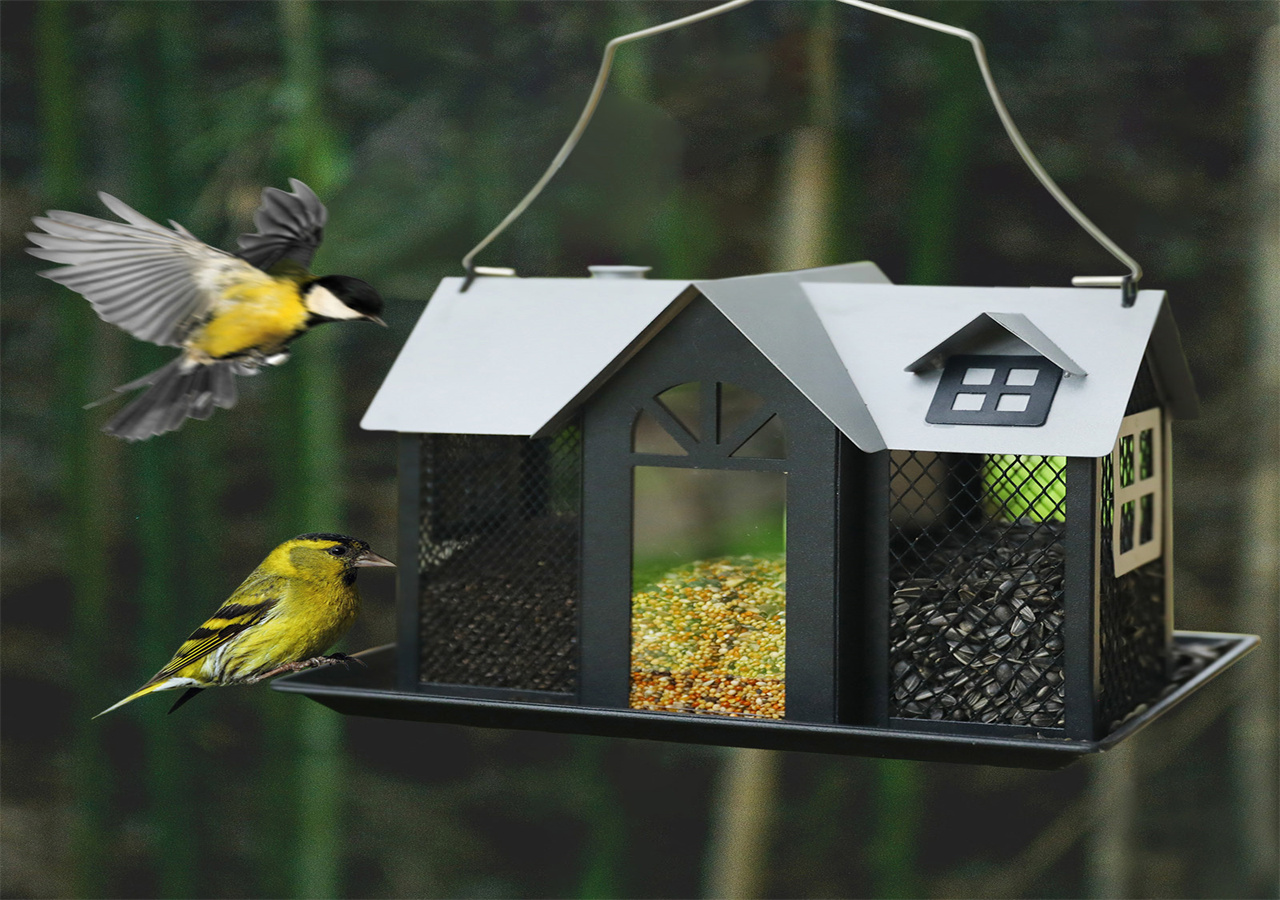
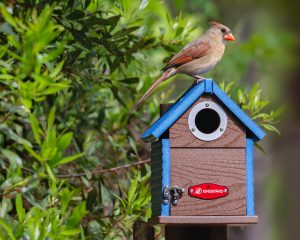
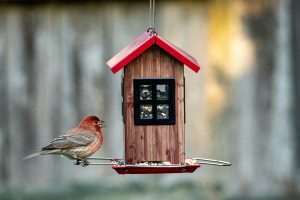
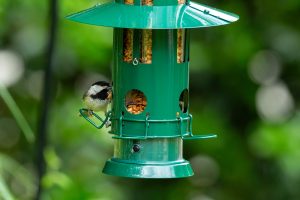

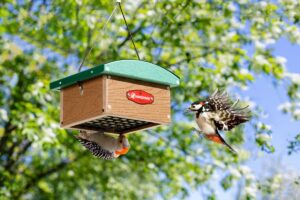

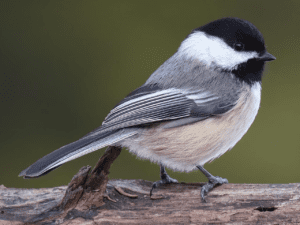



Post Comment